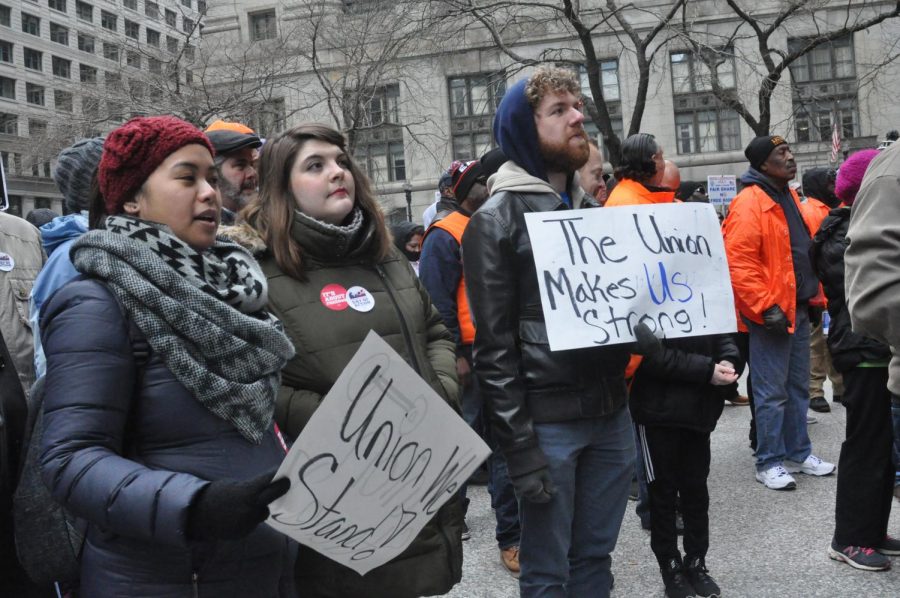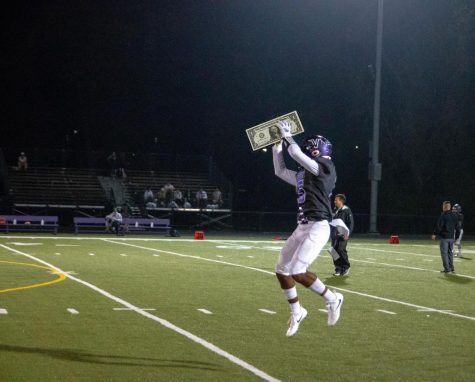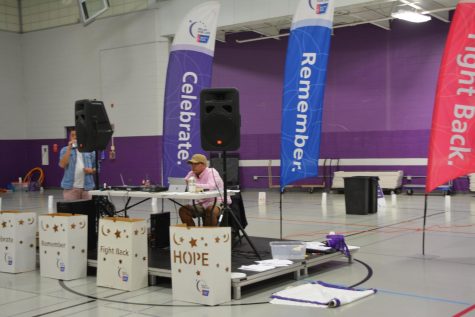Outcome of Janus v. AFSCME may hurt Niles North teachers
March 5, 2018
Feb. 24, Niles North teachers gathered at the Picasso statue in downtown Chicago for the Working People’s Day of Action to voice their opinion about the Supreme Court case Janus v. AFSCME.
Hundreds of people marched in the rally sponsored by more than 15 different unions and organizations.
Arguments were heard for Janus v. AFSCME on Feb. 26. Its outcome will determine whether unions can continue to receive fees for representation from employees who prefer not to be members. If the high court rules in favor of Janus, union dues will not be required to be paid by everyone in the unionized workplace.
Currently, if a person chooses to be a union member and pay full dues, a portion of the dues pays for political activities of the union. If a person does not wish for the union to lobby on their behalf, employees can pay a fee to the union to cover the cost for collective bargaining, not be a member, and receive the full benefits negotiated by the union.
Unions employ teams of researchers, lawyers, and skilled negotiators to advocate for the employees. Unions can afford to provide these expensive professional services because all of the employees contribute to cover the cost. If some workers are allowed to reap the benefits of collective bargaining without being required to pay for these services, the unions’ effectiveness will be weakened.
Janus’s attorneys argued before the Court that collective bargaining by the union is political speech, similar to lobbying. Under the First Amendment, the Court has ruled that no one can be compelled to pay for political speech with which they disagree.
William Messinger, representing the plaintiff Janus, argued before the Justices, “When the union collectively bargains with the government that is political speech.” If the Court accepts this argument, then it will likely rule that a union cannot force an employee it represents to pay for collective bargaining.
Without requiring workers to pay for the services provided by unions, unions will have fewer funds to pay for collective bargaining. The workers who do not contribute to the costs of the union will still benefit from any gains achieved through collective bargaining, and thus will be ‘free riders.’
Currently, union fees are deducted straight out of teachers’ paychecks at Niles North. If the Court rules in favor of Janus, then it will be harder to collect union dues because individuals who opt out, will no longer have their funds sent directly to the union.
Niles Township Federation of Teachers (NTFT) has 100 percent union membership in the district and only three people not paying full union dues.
Ann Goethals, president of NTFT, said, “The immediate fall out is not as bad for us [NTFT] than it will be for other unions. In the long run, it might be difficult, because if others see people getting the same benefits without paying union dues people may stop wanting to pay for them.”
If this Court case rules in favor of Janus, it will revise the ruling reached in the 1977 Supreme Court Case Abood v. Detroit Board of Education where the Court established the principle that individuals could not be made to pay union dues that go towards political activity, but could be required to pay fees that go towards collective bargaining (Oyez).






